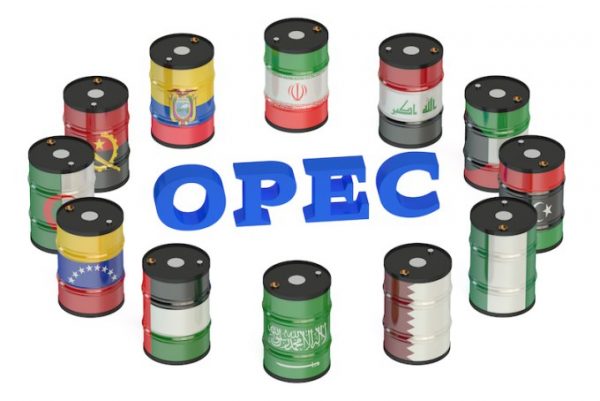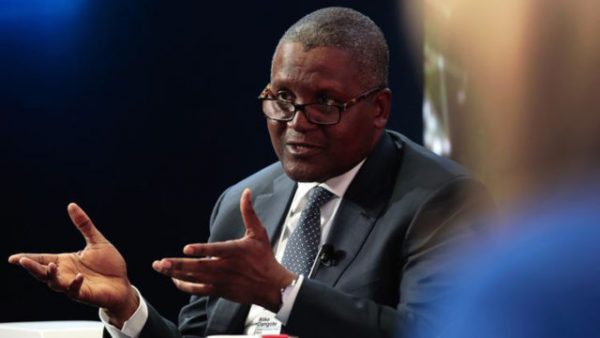Crude Oil Prices Rise over Uncertainty on Libyan Crude Exports
 Crude oil prices rose Tuesday on uncertainty over Libyan oil exports, although plans by the Organisation of Petroleum Exporting Countries (OPEC) to raise output continued to drag.
Crude oil prices rose Tuesday on uncertainty over Libyan oil exports, although plans by the Organisation of Petroleum Exporting Countries (OPEC) to raise output continued to drag.
The international benchmark crude oil, Brent increased by 0.3 per cent to $74.95 per barrel.
The price of the US West Texas Intermediate (WTI) also increased by 0.4 per cent to $68.33 a barrel.
OPEC and other top crude producers had agreed to raise output from July by about one million barrels per day (bpd).
But the real increase, however, would be around 770,000 bpd, according to Iraq, because several countries that recently suffered production declines will struggle to reach full quotas, while other producers may not be able to fill the gap.
The actual output increases set a bullish tone, as they came in below some of the highest figures that had been discussed prior to the meeting.
For about three weeks ahead of the OPEC meeting, prices had retreated from three and a half year high on fears that larger production increases could lead to oversupply.
Ultimately, Saudi Arabia persuaded Iran to cooperate with the plan to cut output, following calls from major consumers to curb rising fuel costs.
OPEC’s decision confused some in the market as the producers gave opaque targets for the increase, making it difficult to understand precisely how much more it would pump.
The expectation that the increase would fall short of the one million bpd figure boosted the market.
Traders said oil prices were mostly driven higher by uncertainty around oil exports by Libya, a member of OPEC.
Reuters reported that eastern Libyan commander Khalifa Haftar’s forces have handed control of oil ports to a separate National Oil Corporation (NOC) based in the East of the country.
The official state-owned oil company based in the capital Tripoli, also called NOC, will not be allowed to handle that oil anymore, he said.
In comments later confirmed to Reuters, Ahmed Mismari, spokesman of Haftar’s Libya National Army (LNA), said on television that no tanker would be allowed to dock at eastern ports without permission from an NOC entity based in the main eastern city, Benghazi.
The uncertainty over Libya’s oil exports came after OPEC together with a group of non-OPEC partners including top producer OPEC announced a supply rise of around one million barrels per day (bpd) aimed at cooling oil markets.
Oil markets have tightened significantly since 2017, when OPEC and its partners started withholding supply to prop up slumping prices at the time.








